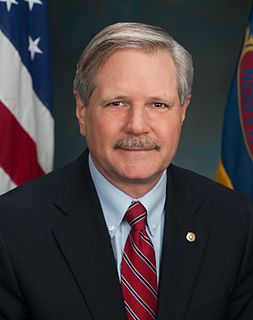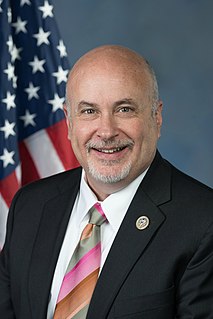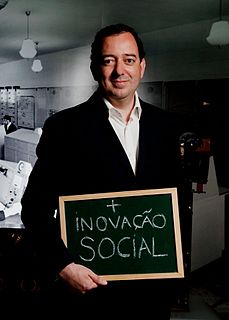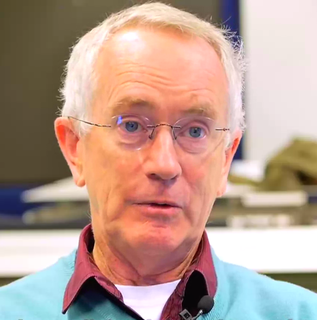A Quote by Lucy Powell
Globalisation means that for a high-wage, developed economy like Britain's to compete we need to focus our efforts on the highly skilled, added-value sectors such as advanced manufacturing, creative industries, engineering and even financial services.
Related Quotes
The vast majority of Americans are employed in service sector industries, and many of those sectors are highly internationalized. The most high-value added sectors, notably the tech sector, is massively globalized. And, for them, it would be a disaster if America's trade policy was to go down a spiraling route towards protectionism.
Batley and Spen has a high proportion of people working in manufacturing, and we can boast the full range of industries, including high-skilled, precision engineering. We manufacture all sorts, from beds to biscuits and from carpets to lathes. We also have some of the best fish and chips in the country and some of the best curries in the world.
We know that to compete for the jobs of the 21st century and thrive in a global economy, we need a growing, skilled and educated workforce, particularly in the areas of science, technology, engineering and math. Americans with bachelor's degrees have half the unemployment rate of those with a high school degree.
What I hear from employers day in and day out is, 'I need to make sure I have that skilled workforce to compete.' And so we've been able to help so many people punch their ticket to the middle class by transforming our workforce development system for advanced manufacturing jobs and other critical jobs that exist right now.
In the eighties and nineties, the innovation agenda was exclusively focused on enterprises. There was a time in which economic and social issues were seen as separate. Economy was producing wealth, society was spending. In the 21st century economy, this is not true anymore. Sectors like health, social services and education have a tendency to grow, in GDP percentage as well as in creating employment, whereas other industries are decreasing. In the long term, an innovation in social services or education will be as important as an innovation in the pharmaceutical or aerospatial industry.
Most high-income people in our country do not realize that their incomes are being subsidized by their protection from competition from highly skilled people who are prevented from immigrating to the United States. But we need such skills in order to staff our productive economy, so that the standard of living for Americans as a whole can grow.

































